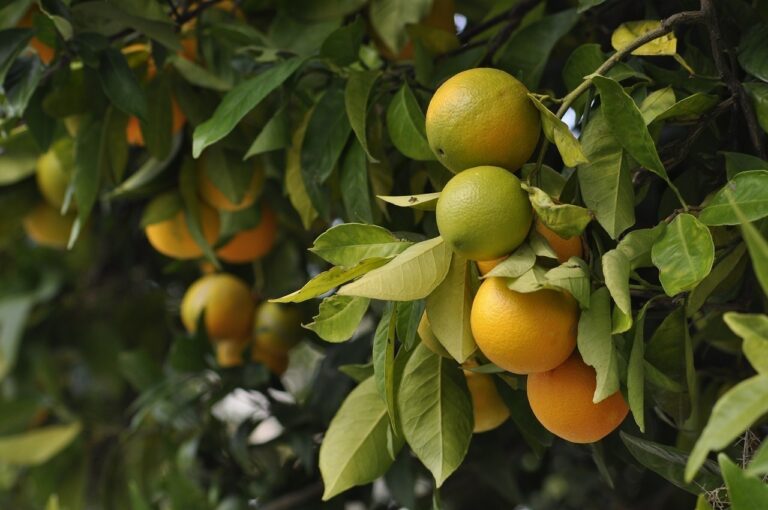In a joint effort to combat a threat to Uruguayan citriculture, the Ministry of Livestock, Agriculture and Fisheries (MGAP) and the Universidad del Trabajo del Uruguay (UTU) have signed an agreement.
This agreement aims to protect the country's citrus production, seeking to intensify the fight against the bacterium that causes the disease. Huanglongbing (HLB)also known as the "yellow dragon".
A relevant experience for UTU students

On the 13th of the current month, the minister of Livestock, Agriculture and FisheriesFernando Mattos, together with the general director of UTU, Juan Pereyra, formally sealed the agreement.
The objectives are as follows:
1) The aim is to strengthen the learning process of UTU agricultural students and provide them with valuable work experience through paid internships.
2) The agreement reinforces MGAP's efforts to combat HLB.
"This agreement will allow us to increase our diagnostic capacity. The selected students will join the tasks to prevent the spread of the disease and will be supervised by technicians from the General Directorate of Agricultural Services."said Minister Mattos.
To combat this threat, more than 60 students from the towns of Bella Unión, Salto and Belén, have been trained by INIA and Agricultural Services. According to Cristian Inzaurraldetechnician of the General Directorate of Agricultural ServicesThese students will join in the detection and prevention of the disease.
Minister Mattos has warned about the importance of properly controlling and eradicating damaged plants. "If a correct control and eradication is not carried out, it could mean a risk for the citrus activity, of great importance for the country."he said. He added that, so far, the disease has been detected in about 40 backyard plants, but not in productive crops.
The procedure to eradicate the disease consists of destroying the plant. According to the minister, with the agreement with the UTUThe selected students will be supervised by technicians from the General Directorate of Agricultural Services. The selected students will be supervised by technicians from the General Directorate of Agricultural Services.
- In the first stage, ten students will enter the internships, and will have the possibility of extending their work to a year and a half.
- These students come from agricultural training areas and reside in the towns of Belén, Bella Unión and Salto.
HLB: a threat to citriculture
The HLB is a disease caused by a bacterium and was first detected in Uruguay in January 2023. This parasitosis, which affects citrus fruit and for which there is no cure, has been detected in the localities of Bella Union and Tomás Gomensoroboth located in the department of Artigas (northern part of Uruguay). If they are not adequately controlled and eradicated, the HLB could represent a serious risk for the country's citrus activity.



